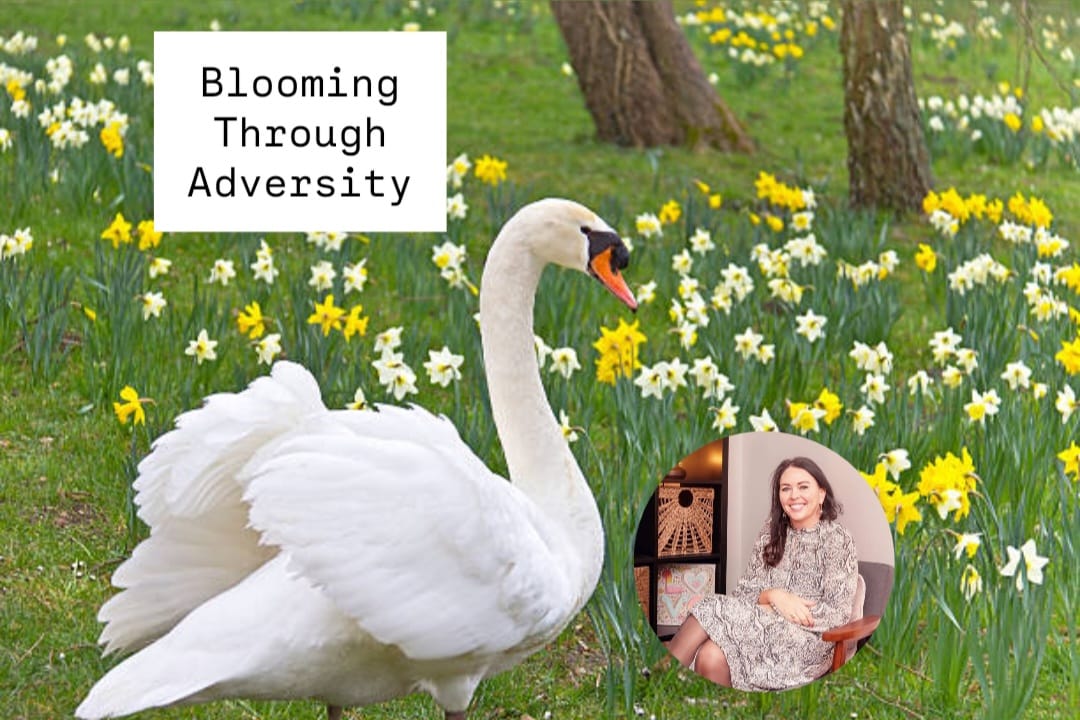Hearing the words “you have cancer” can be frightening and life-altering. Cancer does not discriminate against age, race or gender. Over 44,000 people receive a diagnosis in Ireland every year with 1 in 3 hearing these words in their lifetime. Shock, fear, denial, and overwhelming anxiety often take hold, leaving individuals struggling to process what comes next. Clients often describe this as their world suddenly stopping or the rug being pulled from under them. Many experience a loss of control, uncertainty about their future, and worries about how their diagnosis will affect their loved ones. Counselling can help by providing a safe space to express their fears, work through emotional reactions, and develop coping strategies. It can also help patients to communicate these fears better, reducing feelings of isolation.
During cancer treatment, physical symptoms such as fatigue, pain, and nausea often contribute to emotional distress. Anxiety, depression, and feelings of hopelessness are common as individuals endure the challenges of chemotherapy, radiation, or surgery, not to mention the frequent journeys to hospital appointments and long delays in waiting rooms. Many also struggle with the disruption to their daily lives, financial pressure, work commitments and relationships. Therapeutic support during this phase can help patients to manage treatment-related stress, build resilience, and maintain a sense of self that extends beyond their illness.
Mindfulness, cognitive-behavioral therapy, and supportive counselling can ease emotional suffering and help individuals to regain a sense of agency over their experience. Cancer treatment can deeply affect body image, sexual health, and self-confidence. Physical changes such as hair loss, weight fluctuations, scars, or the loss of a breast or reproductive organs can alter a person’s sense of identity and desirability. Many individuals struggle with feeling disconnected from their bodies, while sexual relationships may be impacted by fatigue, pain, or hormonal changes. These challenges can lead to feelings of shame, insecurity, or a loss of self-worth. Psychotherapy provides space to process these emotions, rebuild confidence, and explore new ways of experiencing intimacy. Through compassionate guidance, individuals can learn to embrace their changing bodies, communicate openly with their partners, and reclaim a sense of self that goes beyond physical appearance.
For those who complete treatment, survivorship presents a new set of psychological challenges. While relief and gratitude may be inherently present, many survivors also experience anxiety about re-ocurrence becoming hypervigilant to every unusual symptom, the lingering physical effects of treatment, such as fatigue, and difficulty reintegrating into their pre-diagnosis lives. No one emerges from a cancer journey the same as they were when they embarked upon it.
Some struggle with a sense of loss—of their former identity, of relationships that changed during treatment, or even of the structure and safety net that medical care provided. There can be expectations to return to life as it was before when often they are only now starting to acknowledge the impact of their trauma. Psychotherapy can help survivors to process these emotions, rebuild confidence, and redefine their sense of purpose. Support groups and individual counselling can provide reassurance and guidance in navigating life after cancer.
Cancer does not only affect the individual—it profoundly impacts family members, caregivers, and close friends. Loved ones often struggle with their own fears, grief, and helplessness while trying to provide support. They may experience burnout, anxiety, or even guilt for not being able to "fix" the situation. Family therapy can help address these emotional challenges, improve communication, and strengthen coping strategies. It provides a space where both patients and their loved ones can openly express their needs and fears, fostering a sense of mutual understanding and support.
For individuals with terminal cancer, emotional and existential concerns become even more profound. Facing mortality can bring up a lot questions about meaning, legacy, and how to prepare for the end of life in a way that aligns with their personal values. At Four Swans Therapy and Wellness, we recognise the importance of compassionate support during this time. Our death doula and legacy planning services provide guidance in navigating the emotional, spiritual, and practical aspects of the end-of-life journey. By helping individuals explore their fears, document their wishes, and create a legacy that reflects their life’s meaning, we can offer a space for peace and closure.
Cancer is not just a physical battle—it is an intensely emotional and psychological one as well, but with the right support individuals and their families can find the strength to navigate each stage, from diagnosis to survivorship, or even the final chapter of life. Support, understanding, and the right tools can transform fear into resilience, grief into meaning, and uncertainty into a sense of peace. Helping someone with cancer isn’t about having the right words—it’s about being there, listening, and reminding them that they are not alone.
Antonia Fleeton is an integrative counsellor and psychotherapist, menopause wellness practitioner and co-founder of Four Swans Therapy and Wellness, alongside Helen Price. The primary focus of her professional mental health support is with cancer patients and their families, as well as women's health issues including perinatal concerns, fertility issues and the challenges of menopause.




